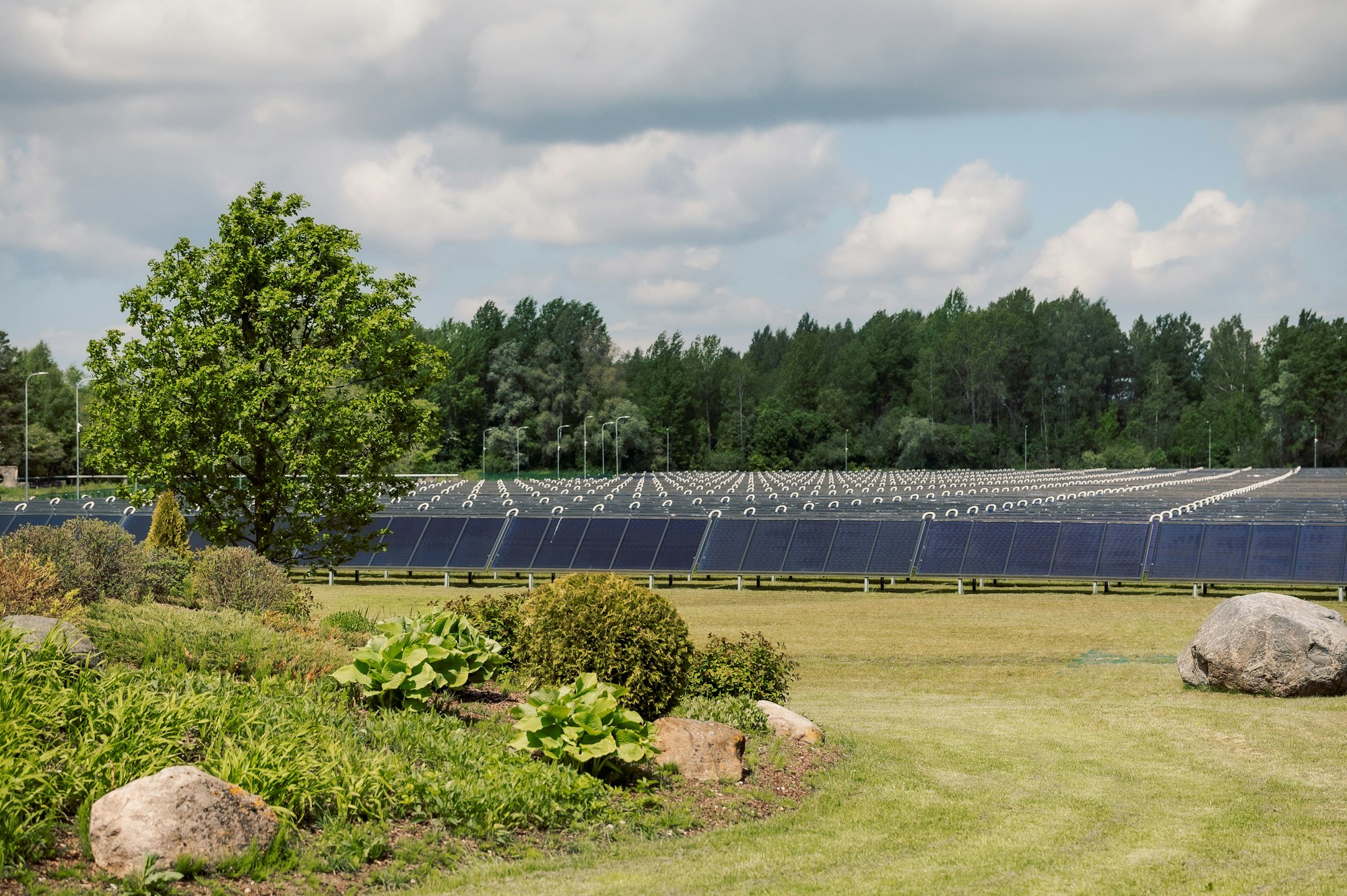What’s the Best Way to Implement a Central Vacuum System in a Renovated Home?

Renovating your home is the perfect time to consider the practicality and convenience that a central vacuum system can offer. These powerful cleaning systems are a unique, efficient, and silent way to keep your rooms immaculate, offering numerous advantages over traditional portable vacuums. Strategically installed in your home, central vacuum systems utilize a network of in-wall tubing to carry dirt, dust, and debris from your rooms to a central collection unit.
You might be wondering why these systems are gaining popularity and how you can integrate one into your renovated home. In this article, we delve into the world of central vacuum systems, explaining their operation, installation process, and benefits to your household.
Lire également : What is the Best Way to Incorporate a Water Filtering Fish Tank into a Living Space?
Advantages of Central Vacuum Systems
The central vacuum system is not a new invention, but it has gained significant recognition in recent years due to its innumerable benefits. These systems, unlike conventional vacuums, are installed into the building of your home, making them an integral part of your living space.
Central vacuum systems are powerful. Because the motor and fan are not confined to a small, portable unit, manufacturers can utilize larger and more powerful motors. In turn, these systems can offer up to five times the cleaning power of traditional vacuums. They are capable of doing a thorough cleaning, eliminating not just visible dirt but even microscopic dust mites and allergens from your living space.
Dans le meme genre : How Can You Design a Safe and Stylish Staircase for Toddlers and Pets?
The convenience these systems offer is remarkable. You’ll no longer need to carry a hefty vacuum cleaner from room to room or up and down the stairs. With strategically placed vacuum inlets around your home, all you’ll need to do is plug in the lightweight hose and start cleaning.
Central vacuum systems are a boon for air quality. Unlike conventional vacuums that recirculate dust and allergens, central vacuums remove all dust, mites, pollen, and animal dander from your living area and transport it to the central unit typically located in a garage or basement. This improves indoor air quality and can prove beneficial to those with allergies or respiratory conditions.
Planning and Installation
Implementing a central vacuum system in your renovated home requires careful planning. It’s worth noting that the cost and complexity of the installation will largely depend on the size and layout of your home.
The first step in planning is to decide on the location of the central unit. This unit, which houses the motor and dirt collection container, should be installed in a convenient, out-of-the-way place such as the basement, garage, or utility room. The central unit should also be easily accessible for routine maintenance and emptying the dirt canister.
Next, determine where you will place the vacuum inlets. These inlets are akin to wall outlets, into which you plug your vacuum hose. They should be strategically positioned to enable you to reach all areas of your home with the vacuum hose. Typically, you would need one inlet for every 600 to 900 square feet of living space.
The system’s pipes are run through the walls and floors of your house, connecting the inlets to the central unit. It is best to engage a professional to do the installation to ensure the system is correctly set up.
Choosing a Central Vacuum System
The market is saturated with a variety of central vacuum systems, each with its unique features and specifications. Choosing the right system for your home can, therefore, be a daunting task.
When deciding on a system, consider the size of your home. Larger homes will require a more powerful unit. Look for a system with a high air watt rating – a measure of the vacuum’s cleaning power. Manufacturers often provide a recommended home size for each model, which can be a useful guideline.
The filtration system is another critical factor to consider. Some central vacuums are fitted with self-cleaning filters, while others use filter bags that need to be replaced periodically. If someone in your household suffers from allergies, consider a system with a HEPA filter, which can trap 99.97% of all particles.
Lastly, consider the features and accessories that come with the system. Some central vacuums offer a variety of cleaning attachments, adjustable suction power, and even automatic dustpans. Choose a system that suits your specific cleaning needs and preferences.
Maintenance and Care
Maintaining your central vacuum system is vital to prolong its lifespan and ensure that it operates at peak performance. Fortunately, these systems are relatively low maintenance.
The central unit is typically fitted with a large dirt canister, which only needs to be emptied two or three times a year. The exact frequency will depend on the size of your home and the amount of vacuuming you do. Some models even feature an indicator light that lets you know when the canister needs emptying.
Hose and cleaning attachments should be cleaned periodically to keep them in good working condition. Pay attention to the power brush, ensuring that it is free of hair and other debris that can impede its rotation.
Professional servicing of your central vacuum system is also recommended every few years to ensure optimal performance. This servicing typically includes checking the motor, seals, and filtration system, as well as cleaning and sanitizing the in-wall tubing network.
With careful planning and selection, a central vacuum system can prove to be a smart investment for your renovated home, providing years of hassle-free cleaning. These systems not only enhance your living environment but also increase the value of your home. With the information provided in this article, you should be able to make an informed decision about installing a central vacuum in your home.
Long-Term Cost Efficiency of Central Vacuum Systems
A central vacuum system, though seemingly a significant investment at the outset, becomes evidently cost-efficient in the long run. Contrary to portable vacuum cleaners, central vacuums are designed for longevity.
The power unit of a central vacuum system is highly durable, often outlasting traditional vacuum cleaners by many years. Hence, despite the initial expense, over time, you will find that the system pays for itself by eliminating the need for replacement vacuums. By this simple comparison, central vacuums stand a clear winner in terms of long-term value for money.
Moreover, central vacuums can contribute to energy savings as well. They are typically more energy-efficient than their portable counterparts. Even though they provide stronger suction power, they use less electricity in the process, thus aiding in reducing your utility bills.
Another consideration that swings the cost-benefit ratio in favor of central vacuums is their potential to increase your property’s value. Having a central vacuum system installed in your home is an attractive feature to potential buyers. It signifies a home improvement feature and can thereby enhance the market value of your property.
Conclusion: Enhancing Home Improvement with Central Vacuum Systems
Incorporating a central vacuum system in your renovated home aligns with the trend of smart, efficient living. The convenience, power, and improved air quality it provides make it an investment worth considering. Gone are the days where vacuuming was a cumbersome task. With central vacuums, it becomes an effortless task that seamlessly blends into your living space.
A well-planned and professionally installed central vacuum system can immensely simplify your cleaning chores. The right vac system suited to your home’s dimensions and your family’s needs can offer superior cleaning performance and longevity. The maintenance is low-key, and the added advantage of enhanced property value is appealing.
Central vacuum systems offer a modern solution to maintaining a clean and healthy home environment. It makes for a smart home improvement that will serve you in the long run. With the information we’ve provided, you should now be fully equipped to make an informed decision about installing a central vacuum in your renovated home.
Whether you are looking to create a more efficient living space, improve your home’s air quality or make a wise home improvement investment, a central vacuum system can help you achieve all of these goals. So, as you plan your home renovation, give due consideration to integrating a central vacuum system. It’s an investment you’re unlikely to regret.
